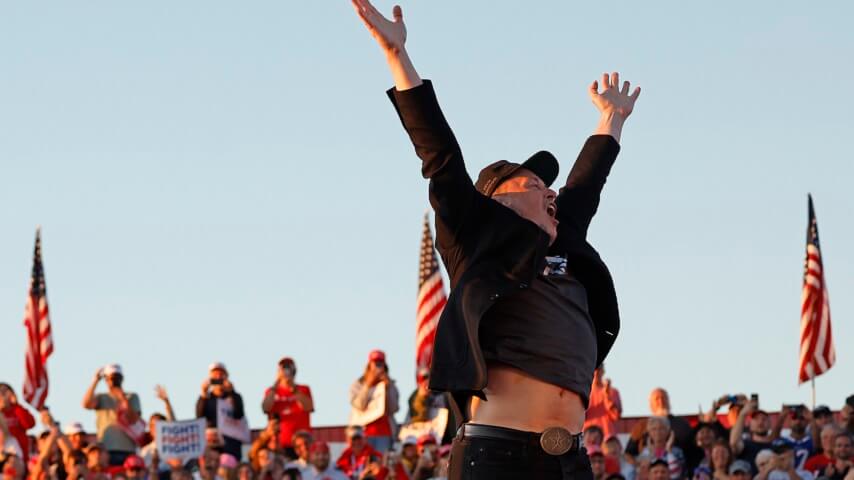Elon Musk, self-described champion of free speech, has now successfully brought the Twitter platform back to Brazil—and all it took, turns out, was going back on everything he said he wouldn’t do, capitulating to legal demands he denounced as gross abuses of government power, and then giving the Brazilian government several million dollars. Heroism: It’s just that easy, folks!
This is per BBC News, which reports that Brazilian authorities issued an order to return Twitter to the country’s servers on Tuesday, after Musk and Twitter reportedly agreed to the court’s demands to block several accounts accused of spreading misinformation during the country’s last presidential election. (And also paid $5.1 million in fines accrued as the company previously tried to fight back against the rulings.) Musk had been feuding with Brazilian justices about members of these “digital militias” since April, calling the government an “oppressive regime” that was trying to force him to curtail free speech. (Causing Brazil to eventually ban the social media service back at the end of August.) Today, meanwhile, he used his own free speech to have Twitter say it was “proud to return to Brazil,” after the accounts in question were eventually banned.
It’ll be interesting to see how Twitter’s return to the country will impact its users; immediately after the ban, social media networks like Bluesky received what seemed like a healthy influx of users from the country, mocking Musk in Portuguese. Per BBC, Brazil has one of the highest Twitter userbases in the world, and the biggest in Latin America period, with a reported 22 million users. (The country also heavily uses the Musk-owned Starlink internet provider, which had its own abilities to do business in the country impacted by the ban; it’s not clear yet how much Starlink pressure was at play in Musk’s ultimate decision to apparently cave.)


 Keep scrolling for more great stories from A.V. Club.
Keep scrolling for more great stories from A.V. Club.